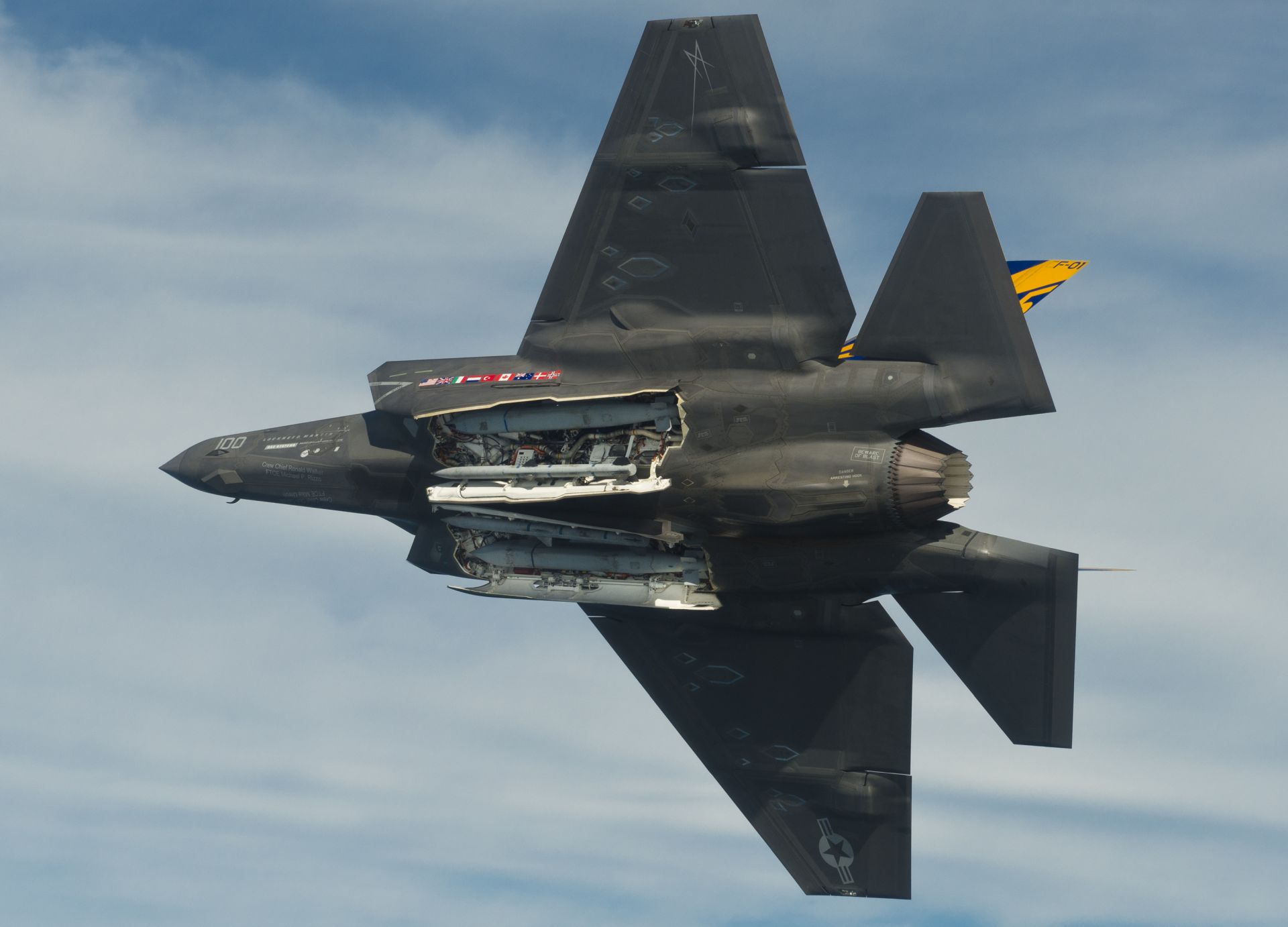Sailors from Carrier Air Wing Five (CVW-5) fired the newest Joint Standoff Weapon, JSOW C-1, Sept. 13 during Valiant Shield exercise conducted in the Western Pacific.
Valiant Shield is the first time the fleet conducted an operational end-to-end employment of a network enabled weapon, using both live rounds and captive air training missiles during the exercise.
“Participating in Valiant Shield is a great opportunity for our team to obtain real-world practice exercising the system-of-systems involved in employing JSOW C-1,” said Lt. Alex Sandroni, JSOW project lead with Air Test and Evaluation Squadron (VX) 31. “This type of training will help us deliver effective material and training solutions to support all network enabled weapons in the future.”
Sandroni, one of only a handful of air crew who has flown with JSOW C-1, provided aircrew training to CVW-5 prior to the exercise. During the event, the crew successfully fired a total of seven weapons from F/A-18 E/F strike aircraft.
After that initial salvo, the crew incorporated new tactics including use of a third party targeting source to fully exercise the capabilities of this new weapon.
“JSOW brings a host of capabilities together in one family of weapons,” said Kristin Brush, lead mission planning and aviation electronics technician instructor for the JSOW training team. “Not only is JSOW C an extremely capable weapon against an array of land targets with its two-stage warhead, but now the C1 variant can be employed as an anti-surface warfare weapon against moving maritime targets.”
The weapon is integrated with a Link 16 network radio, enabling it to engage moving targets at sea. The radio allows the launch aircraft or another designated controller to provide real-time target updates to the weapon in flight or reassign the weapon to another target. It also uses GPS/INS and an infrared seeker for terminal guidance.
JSOW C-1 achieved initial operating capability in June 2016 and will deploy with all air wings in the future.










